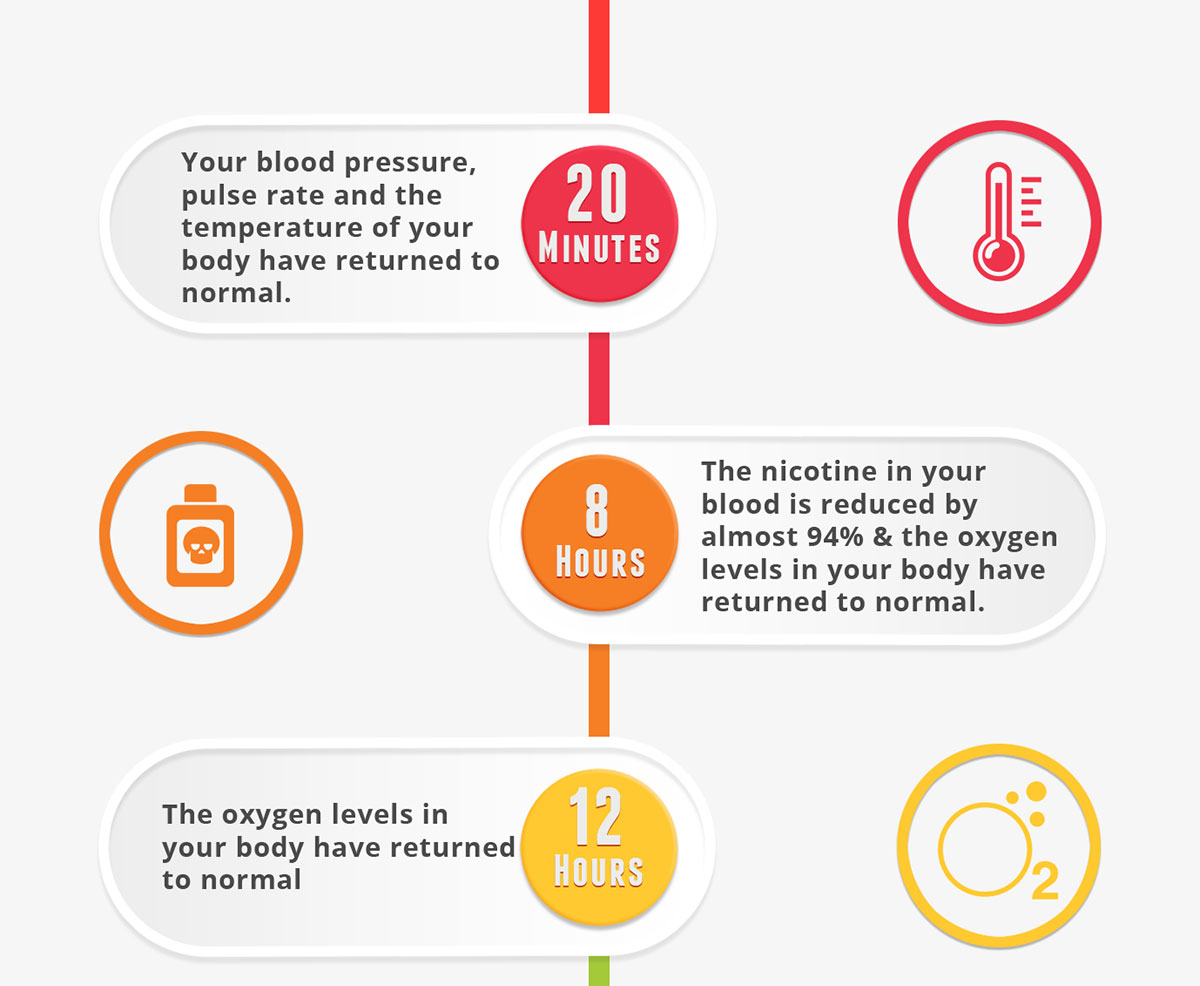Alcohol abuse of many kinds has been closely correlated with heart attacks from clots cardiomyopathy hardened arteries and more. Smoking increases carbon monoxide blood levels reducing the bloods capacity to deliver oxygen to the tissues.
 Smoking And Heart Problems Archives Afmc
Smoking And Heart Problems Archives Afmc
Roughly 1 out of 5 deaths from heart disease is directly related to smoking.

Heart problems from smoking. If this happens in the arteries that carry blood to. 10 Raise triglycerides a type of fat in your blood Lower good cholesterol HDL Make blood sticky and more likely to clot which can block blood flow to the heart and brain. When you smoke your arteries tighten which makes your heart work harder.
A heart attack is defined as an acute medical problem with the heart when the arteries become so blocked that blood flow to the organ has been severely reduced and the heart does not get needed oxygen when it pumps. When you quit smoking you could experience some heart palpitations that occur from the nicotine withdrawal. If the arteries that carry blood to your heart get damaged and clogged it can lead to a heart attack.
Smoking also can trigger an irregular heart rhythm and raise blood pressure which are leading causes of stroke. Smoking is a major cause of cardiovascular disease CVD and causes one of every four deaths from CVD. Smoking damages your heart and your blood circulation increasing your risk of developing conditions such as.
Smoking during pregnancy raises the risk of your baby being born with birth defects. And a persons risk of cardiovascular. Some heart-related conditions an individual can develop include heart disease heart failure an aneurysm peripheral artery disease heart arrhythmia sudden cardiac arrest heart.
There are a few things that you can do to ease the heart palpitations in. People who smoke a pack of cigarettes a day have more than twice the risk of heart attack than nonsmokers. Women who smoke and also take birth control pills increase several times their risk of heart attack stroke and peripheral vascular disease.
Atherosclerosis is the most common cause of cardiovascular disease and it can be caused by an unhealthy diet a lack of exercise obesity and smoking. A heart attack occurs when a blood clot forms at a narrowed point in a coronary artery and suddenly blocks the flow of blood to the heart. According to the Centers for Disease Control and Prevention smoking.
Over time smoking contributes to atherosclerosis and increases your risk of having and dying from heart disease heart failure or a heart attack. Coronary heart disease heart attack. Yet heart disease remains the number one cause of death in the US.
According to the American Heart Association more than half of all smoking -related deaths are from cardiovascular diseases such as heart attack or stroke. In addition to permanently damaging your heart and blood vessels cigarette smoke can also cause CVD by changing your blood chemistry 12 and. Heart disease and other heart-related conditions are also closely linked to genetics but also an individuals surrounding environment and lifestyle choices.
This is a normal symptom of nicotine withdrawals and should subside in a few weeks. Smokers continue to increase their risk of heart attack the longer they smoke. Peripheral vascular disease damaged blood vessels cerebrovascular disease damaged arteries that supply blood to your brain Smoking also damages your lungs leading to conditions such as.
Decreased so did the rates of heart disease. People who smoke are two to four times. Smoking speeds up the clogging and narrowing of coronary arteries.
If the artery remains blocked the lack of blood supply permanently damages the area of heart muscle supplied by that artery. Smoking cigarettes makes the walls of your arteries sticky from the chemicals so fatty material can stick to them. Every cigarette you smoke makes you more likely to get heart disease.
The most common types of problems are congenital heart defects and. Smoking harms nearly every organ in your body including your heart. Compared with nonsmokers people who smoke are more likely to have heart disease and suffer from a heart attack.
Smoking can cause blockages and narrowing in your arteries which means less blood and oxygen flow to your heart. Causes thickening and narrowing of blood vessels. The nicotine in tobacco contributes to the increase in heart rate and blood pressure seen after smoking a cigarette.
When cigarette consumption in the US. Smoking increases serum homocysteine levels which is thought to cause vascular injury.


